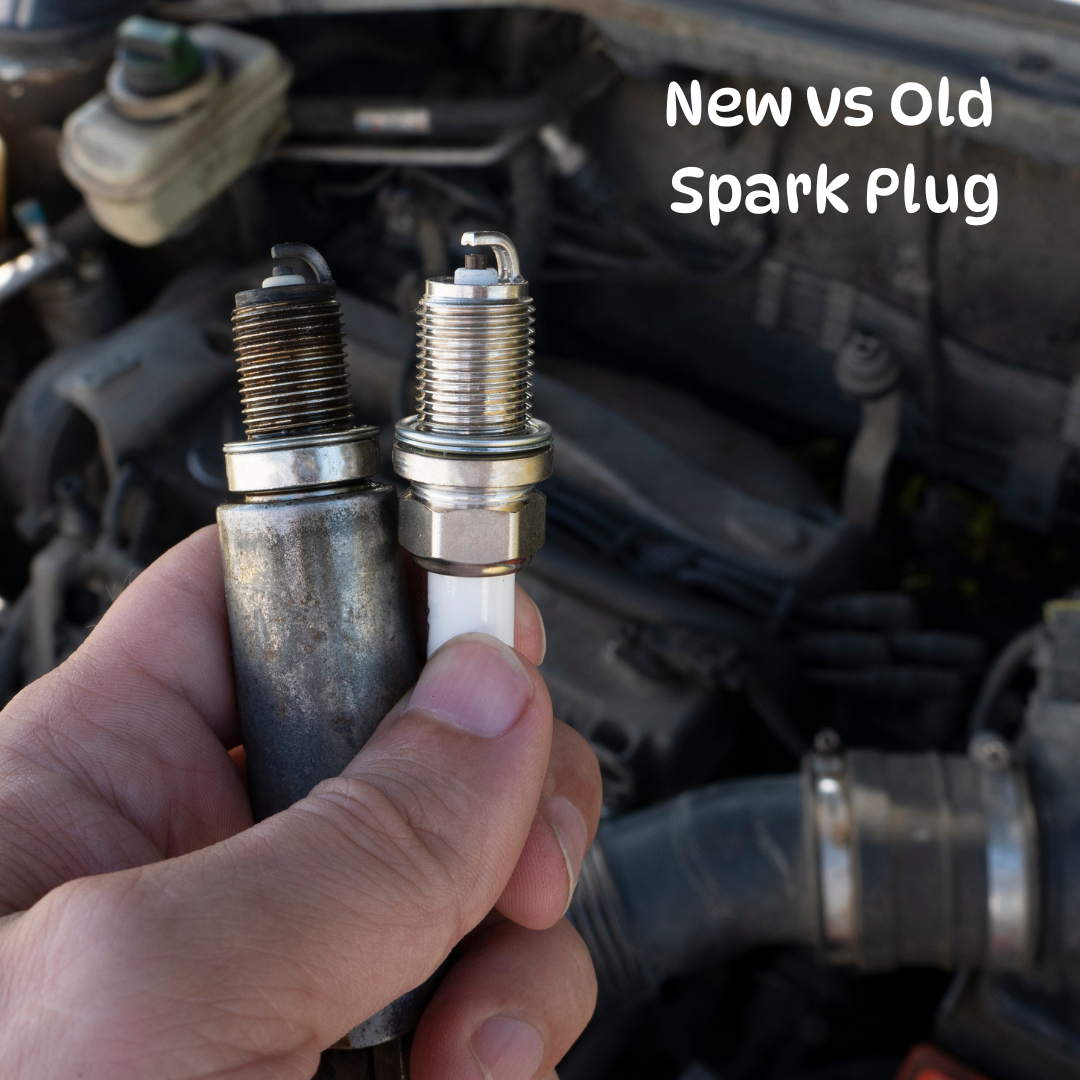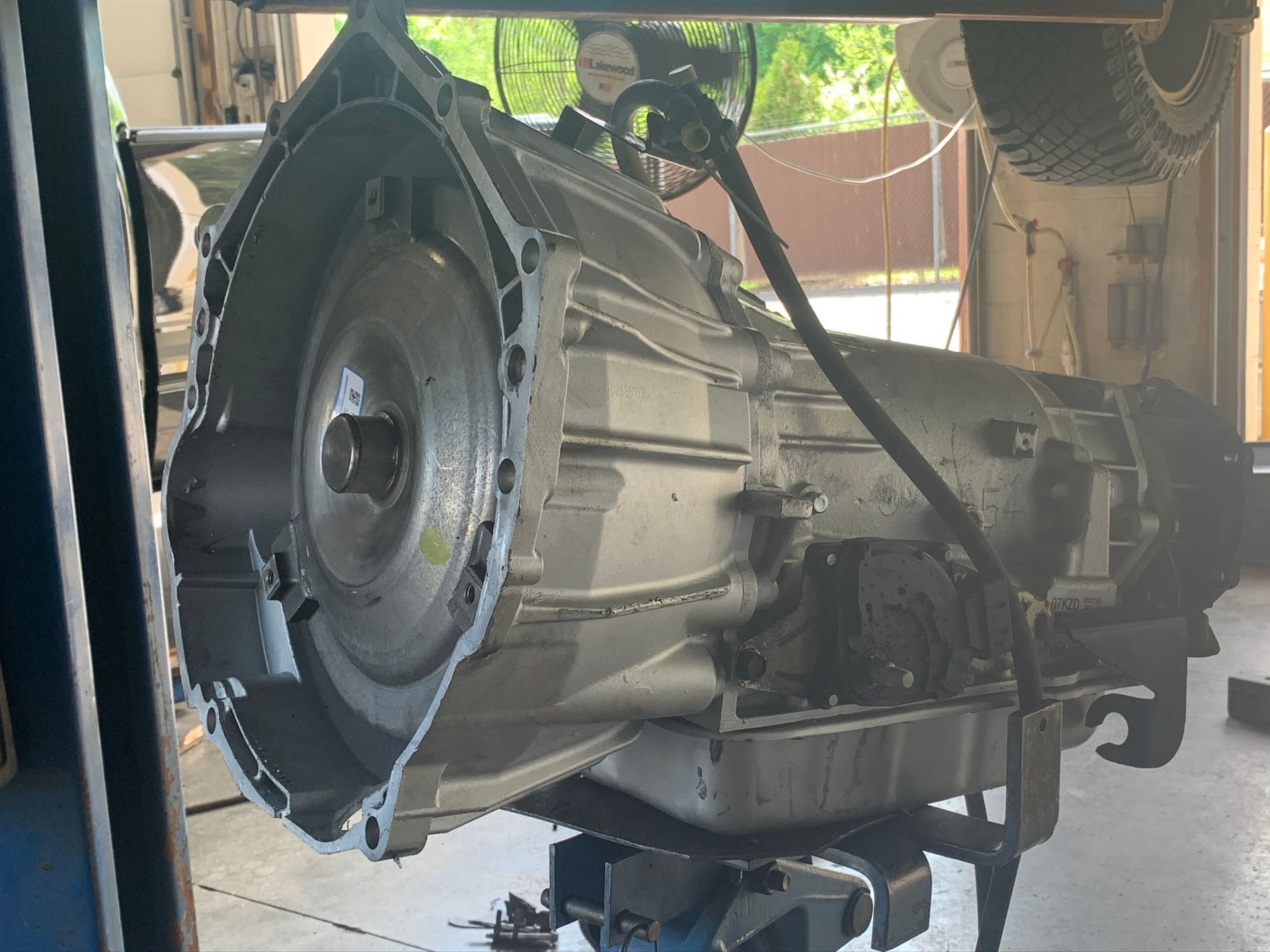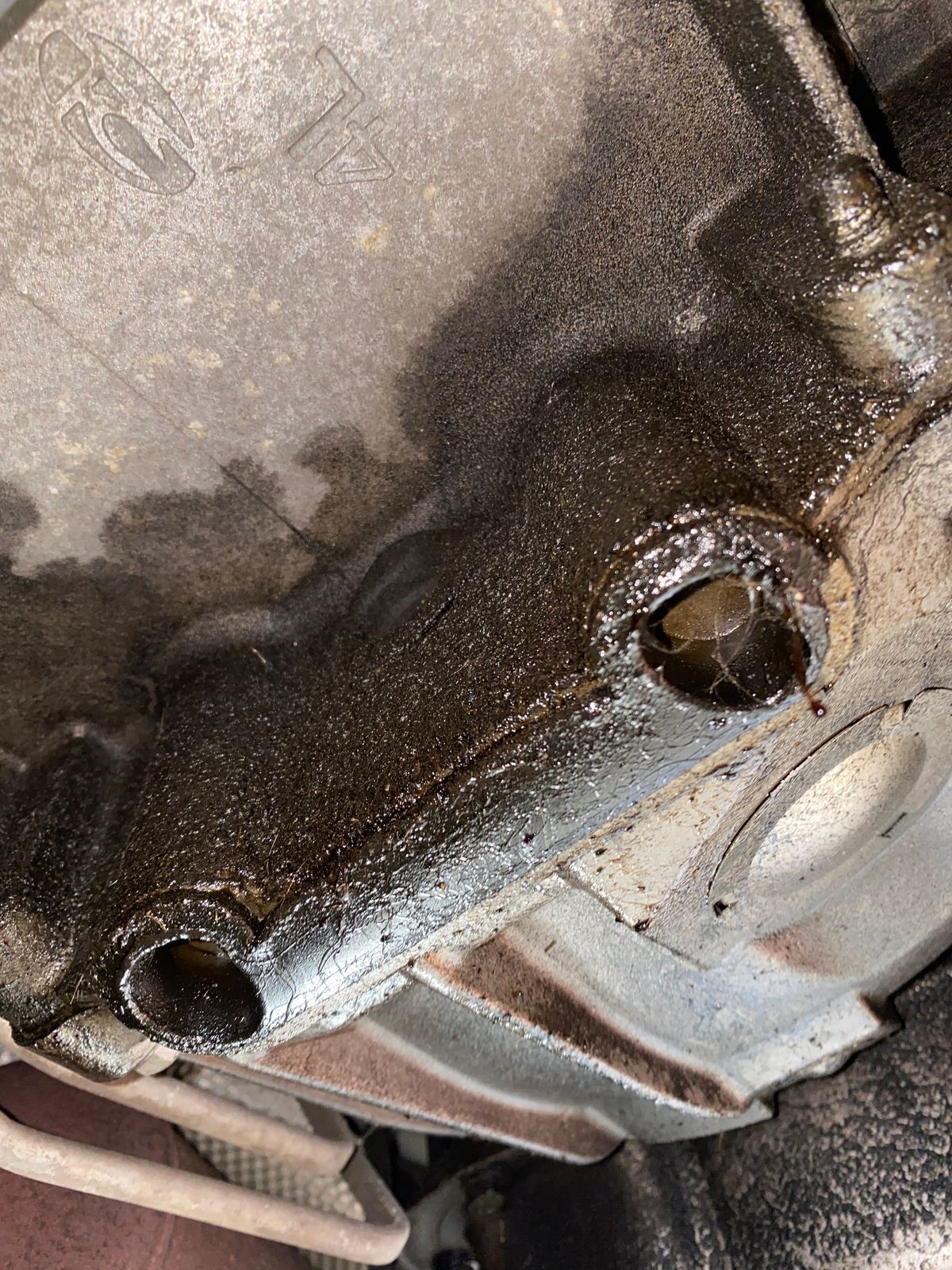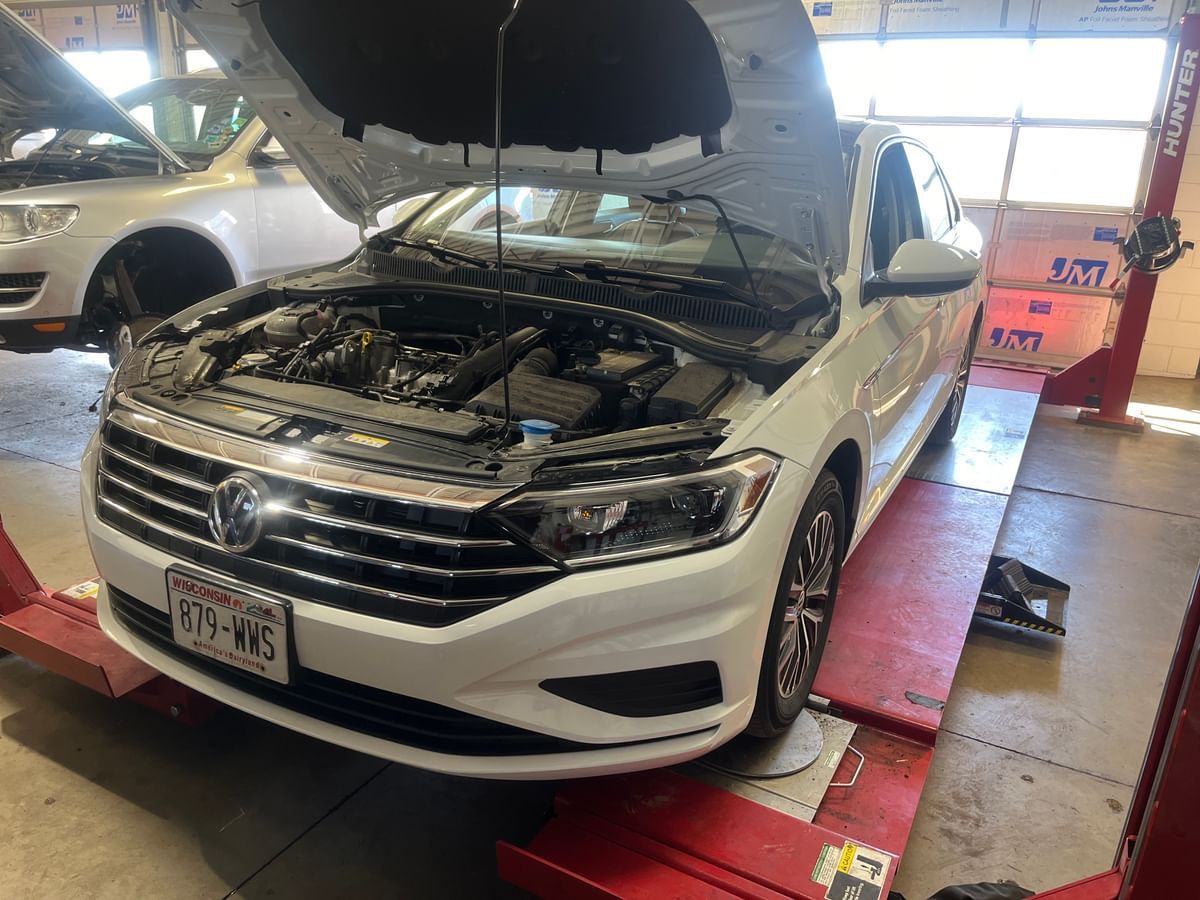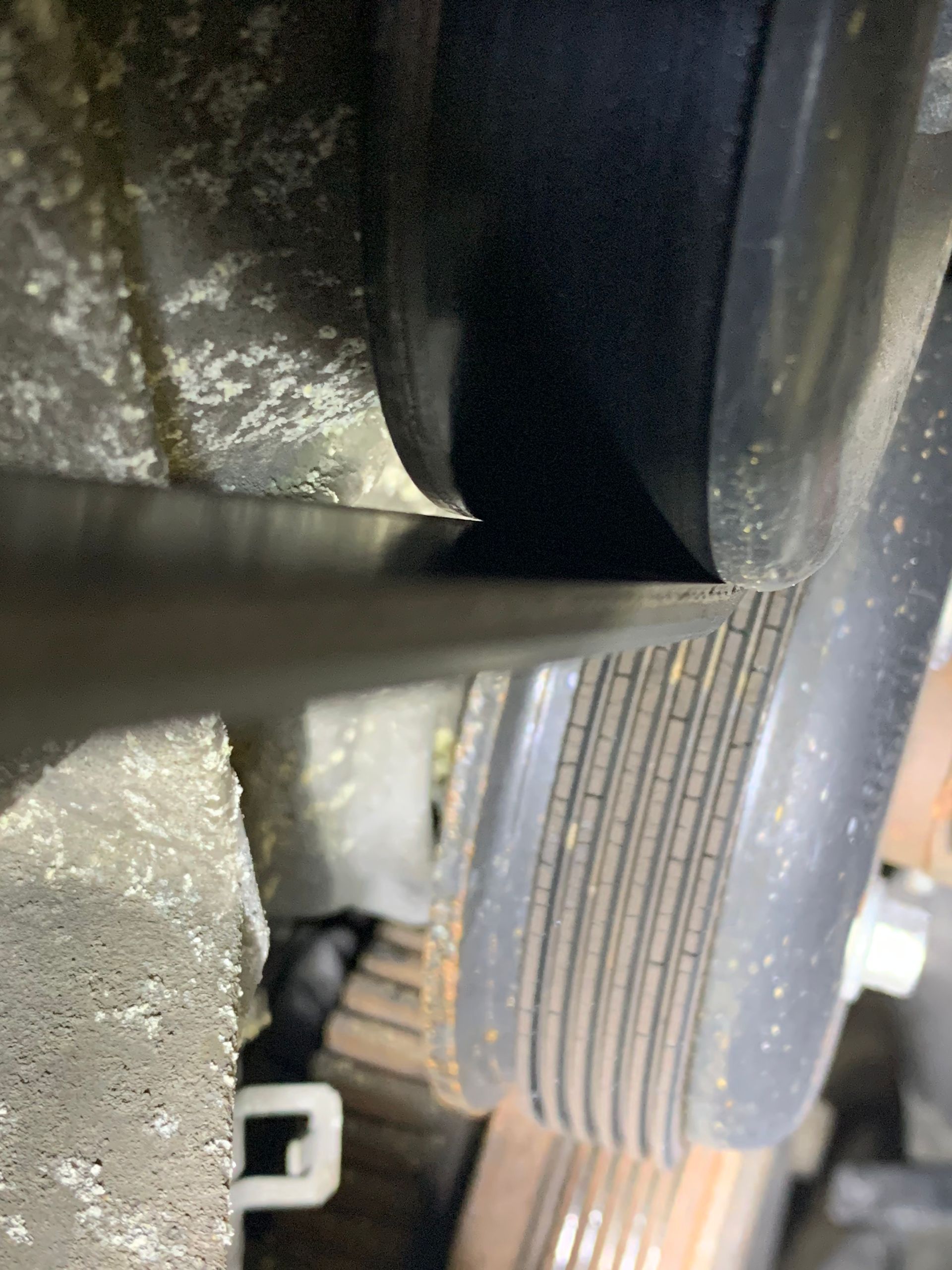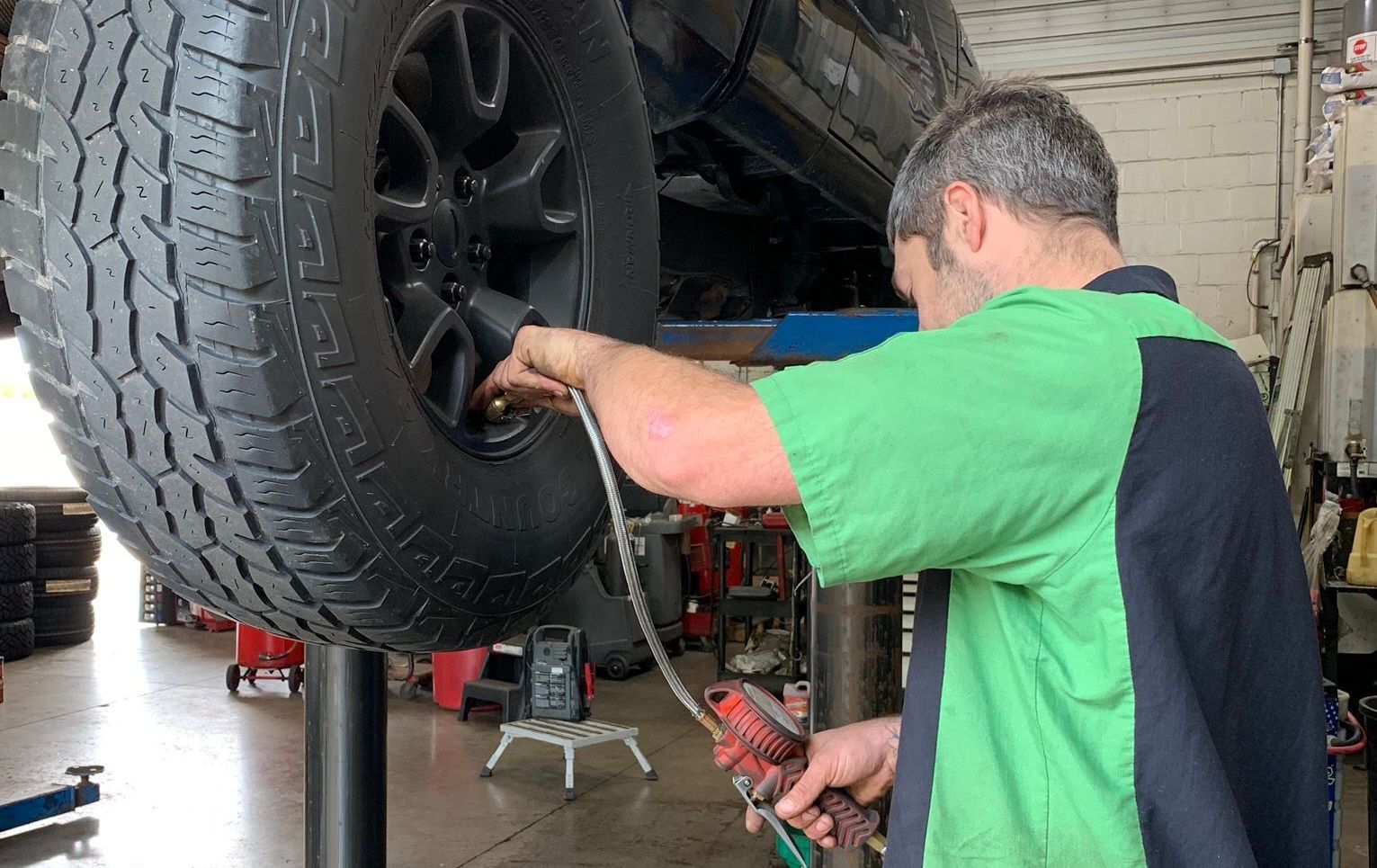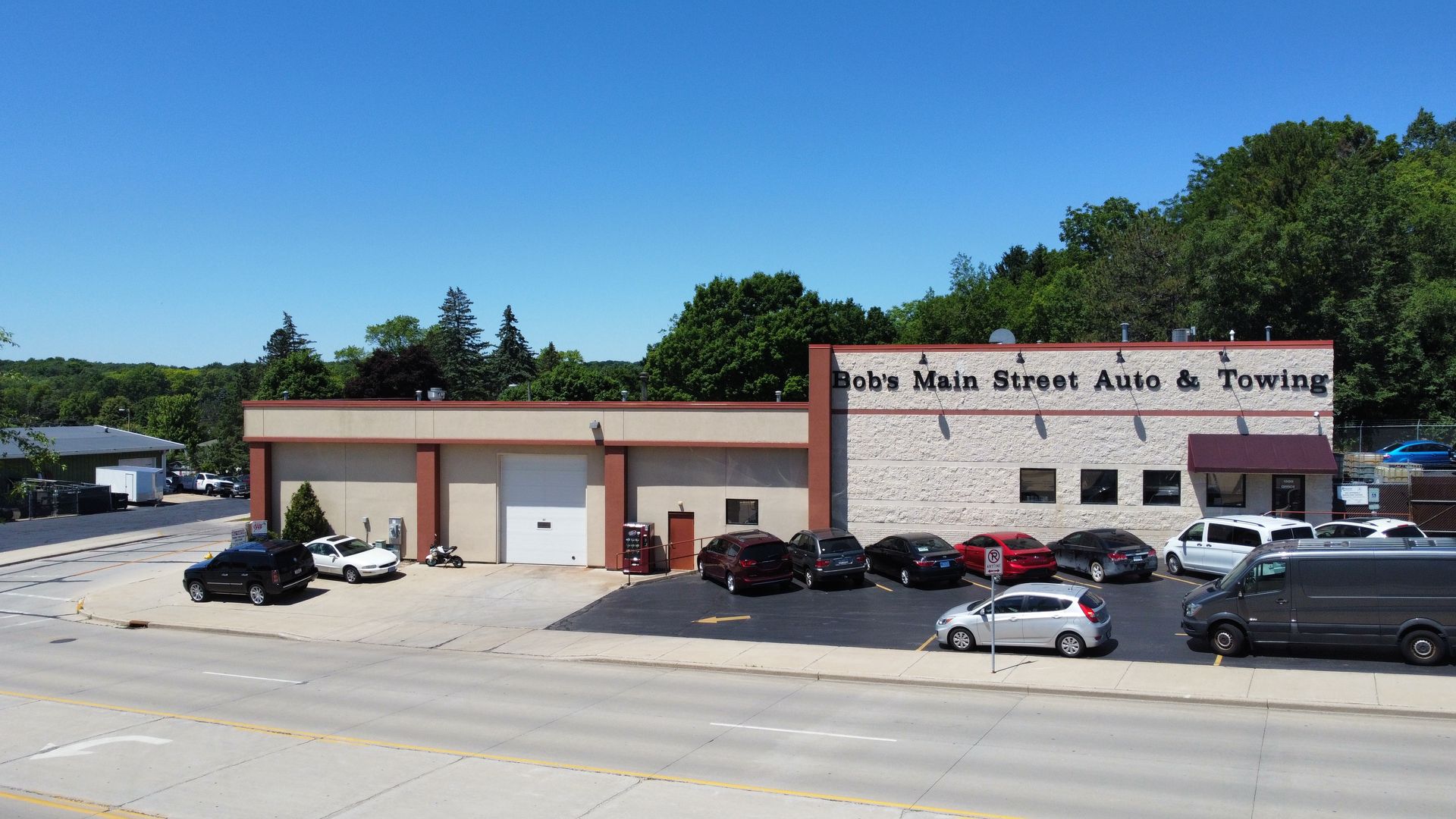Why are shocks and struts important?
What are shocks and struts?

Why Are Shocks and Struts Important?
When it comes to vehicle maintenance, shocks and struts might not be the first components that come to mind. However, they play a crucial role in ensuring your vehicle's safety, comfort, and overall performance. Understanding their importance and how they function can help you maintain a smoother and safer ride.
What Are Shocks and Struts?
Shocks (shock absorbers) and struts are components of your vehicle's suspension system. While they perform similar functions, they are not identical and are often mistaken for one another. Here's a quick breakdown:
- Shocks (Shock Absorbers):
- Shocks are designed to absorb and dampen the impact from road irregularities, such as bumps and potholes. They control the movement of the springs and prevent excessive bouncing.
- Struts:
- Struts are a structural part of the suspension system and combine the functions of a shock absorber and a coil spring. They not only absorb shocks but also support the vehicle's weight and play a key role in steering and alignment. Struts are usually found in the front suspension but can also be used in the rear.
The Importance of Shocks and Struts
- Improved Ride Comfort:
- Shocks and struts help to smooth out the ride by absorbing the bumps and vibrations caused by uneven road surfaces. This ensures a more comfortable driving experience for you and your passengers.
- Enhanced Vehicle Control:
- By controlling the movement of the vehicle's body, shocks and struts help maintain better contact between the tires and the road. This is crucial for vehicle control, especially when navigating corners, braking, or driving on slippery surfaces.
- Increased Safety:
- Worn shocks and struts can significantly affect your vehicle's handling and braking performance. Properly functioning shocks and struts help reduce the risk of rollovers, improve steering stability, and shorten braking distances, contributing to overall vehicle safety.
- Extended Tire Life:
- When shocks and struts are in good condition, they help maintain even tire wear by keeping the tires in contact with the road. Worn or damaged shocks and struts can cause excessive tire wear, leading to more frequent replacements.
- Protection of Other Suspension Components:
- Shocks and struts also protect other components of the suspension system, such as the springs, control arms, and bushings, by absorbing the impact from road irregularities. This helps prevent premature wear and tear, saving you money on repairs in the long run.
Signs Your Shocks and Struts Need Attention
It's important to recognize the signs that indicate your shocks and struts may need replacement:
- Excessive Bouncing: If your vehicle continues to bounce after hitting a bump or when coming to a stop, it could indicate worn shocks or struts.
- Nose-Diving or Rear-End Squatting: When braking, if the front of your vehicle dips down (nose-diving) or the rear end squats during acceleration, it's a sign that the shocks and struts are not providing adequate support.
- Leaking Fluid: Visible oil or fluid leaks on the exterior of the shocks or struts are a clear indication that they are worn out and need replacement.
- Uneven Tire Wear: If you notice uneven tire wear, it could be due to poor suspension performance caused by failing shocks or struts.
- Poor Handling: Difficulty in steering, swaying, or a loose feeling while driving, especially around corners, can indicate worn shocks and struts.
Regular Maintenance and Replacement
To maintain optimal performance and safety, it's recommended to have your shocks and struts inspected by a professional every 50,000 miles or sooner if you notice any of the signs mentioned above. At Bob's Main Street Auto & Towing, our experienced technicians can assess the condition of your suspension system and recommend any necessary repairs or replacements.
Shocks and struts are vital components of your vehicle's suspension system, contributing to ride comfort, handling, and safety. Regular maintenance and timely replacement of these components can enhance your driving experience and extend the life of your vehicle. If you suspect any issues with your shocks or struts, don't hesitate to contact us at Bob's Main Street Auto & Towing. Our team is here to help keep your vehicle running smoothly and safely.
Follow us on our social media to stay up to date on what Bob's Main Street Auto & Towing is up to!

